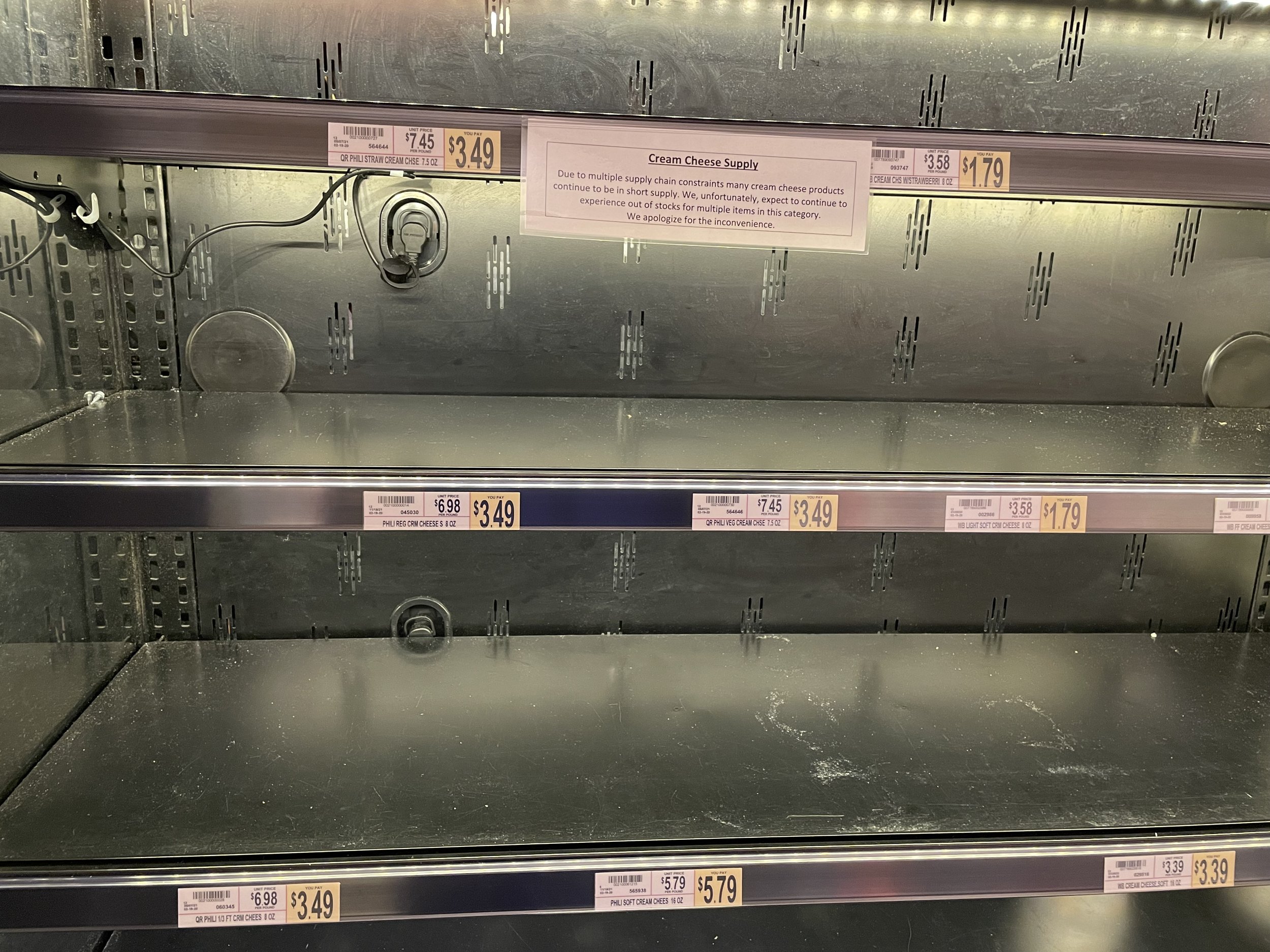By the end of next week, I should have all my required documents in hand and I will be ready to plunge into one of the beloved annual rituals of American life, filling out Form 1040, the income tax return. Or, I should say, returns since I also have to do one for the State of Maryland. In addition, I also help my son with his returns as well as my mom so come April 15 I will have completed six tax returns. Some years I have completed up to eight.
Of all the arcane knowledge stored in my brain, one of the seemingly most random collections is the skillset needed to complete my federal and state income tax returns. I do them myself and for the most part always have except for a few years when my confidence was shaken from having made a mistake that led the IRS to think that I owed thousands of dollars of unpaid tax. An accountant friend got it straightened out for me and I let her do my tax return for a while. When she retired, I went back to doing it myself.
This year, the process will be slightly simpler for me as this is the first time I won’t need to file in both Maryland and New York since 2015. Likewise, my son, will only need to file in one state (one year he had to file in three states plus Federal!). But they will still be plenty complicated for an average citizen.
I first became aware of the need to file a tax return sometime in the early 70s. In late March or early April, my dad would take over the dining room table for 2-3 days. The tension emanating from that room was so thick you could cut it with an electric adding machine (he had one). Whatever it was he was doing, it looked stressful!
I filled out my own tax return for the first time around 1980 using the Form 1040 EZ using a number 2 pencil and one of those new-fangled calculators. It only took an hour or so and I am pretty sure I got a refund.
As I got older my tax situation got more complicated and US tax law became increasingly obtuse. Today, the return must account for local taxes we paid, charitable deductions, inheritance of tax deferred accounts, earnings and expenses from my wife’s business, and investment gains and losses, which further must be sorted into long-term, and short-term dividends and interest, each of which is taxed differently. Mortgage interest is deductible but other loan interest (not that I have any) is not. Thank goodness I don’t have to worry about reporting gambling winning or losses! But soon, I will have to determine the tax due on withdrawals from my retirement accounts and maybe on up to 85 percent of my Social Security income.
When I completed last year’s returns for Uncles Sam and his nieces Maryland and New York, the PDF file of all my returns was 478 pages - all for what amounts to a very modest amount of taxable income. It is understandable that many are happy to turn over tax preparation to a 3rd party and to pay them to do it. I wouldn’t even be able to consider doing it myself without a computer and the most popular software, TurboTax. Even then the amount of information one needs is staggering. (Intuit, the company that makes TurboTax actively lobbies Congress to prevent changes to tax law that would make it easier or simpler to file your taxes! By using TurboTax I am literally paying to keep my taxes mind-bogglingly complex.
Here are some of the questions I find myself looking up every year:
· What is the maximum contribution we can make to a Roth IRA?
· At what income levels do the contributions phase out?
· Can we itemize my deductions or should we take the standard deduction?
· What is the limit on deductions for the local tax I paid?
· Can I take a deduction for our home office?
· How much can I contribute to my Health Savings Account?
· How much Social Security tax will we owe on my wife’s self-employment income?
· Did I pay enough in estimated taxes last year to avoid penalties?
How did our tax code get to be so complicated? Even with the software and my decades of experience, I am always afraid I will forget something or that a 1099 got lost in the mail or that I neglected to report some minor bit of income and that as a result the IRS will come and impound my 1st Edition of Mastering the Art of French Cooking or my vintage Matchbox cars (warning Mr. Taxman, they are kind of musty).
Doing your own taxes comes with risks. A few years ago, my employer didn’t properly report my state withholding and I got a bill from the state of Maryland for $5,000. Without an accountant, I had to deal with it myself and ending up having to fax (yes, fax) all of my pay vouchers for the previous year to the state. Eventually, the error was fixed and they sent my refund several months and many headaches later. (My wife says that actually it was she who resolved this, which seems quite plausible.)
Having said that, I kind of like doing my taxes the way some enjoy a crossword puzzle or Wordle. There is something satisfying about figuring out where all the figures on those pieces of paper go, and it is the only time I am rewarded for my meticulous bookkeeping throughout the year because I am able to retrieve all the required information by running a few reports. I enjoy electronically submitting my file and getting that upbeat text message saying that the IRS has accepted my return. (It’s like the 21st century equivalent of offering up a goat to a hungry and jealous God except that you actually get a response.)
Still, it feels like it shouldn’t be like this for a couple with one income and a pretty simple situation. No real estate other than our home, no foreign investments, no venture capital funds, no oil wells or pork belly futures. I have a little crypto that I could sell (if I could find my password) but nothing more exotic and yet… 478 pages of tax return last year! In most countries the government figures out your taxes for you and withholds the proper amount from your paycheck or just tells you what you owe. And yes, I can understand why we would not want our kind uncle to do that on our behalf. I have more confidence in my ability to figure it out than in his.
To be clear, I am not someone who complains about paying taxes. Indeed, I am continually astonished at just how low taxes in the US are and how much we get for them. The national parks alone are worth what I pay every year especially now that my wife has a Senior Pass entitling her (and whomever is with her) to enter every national park for free for the rest of her life. We really do want to pay our fair share. I just wish it were a little easier to figure out exactly how much that is.


